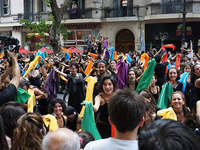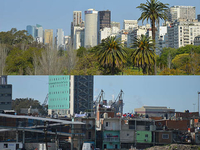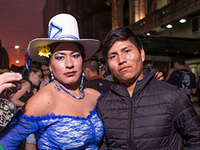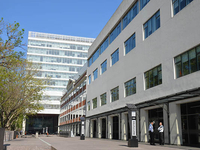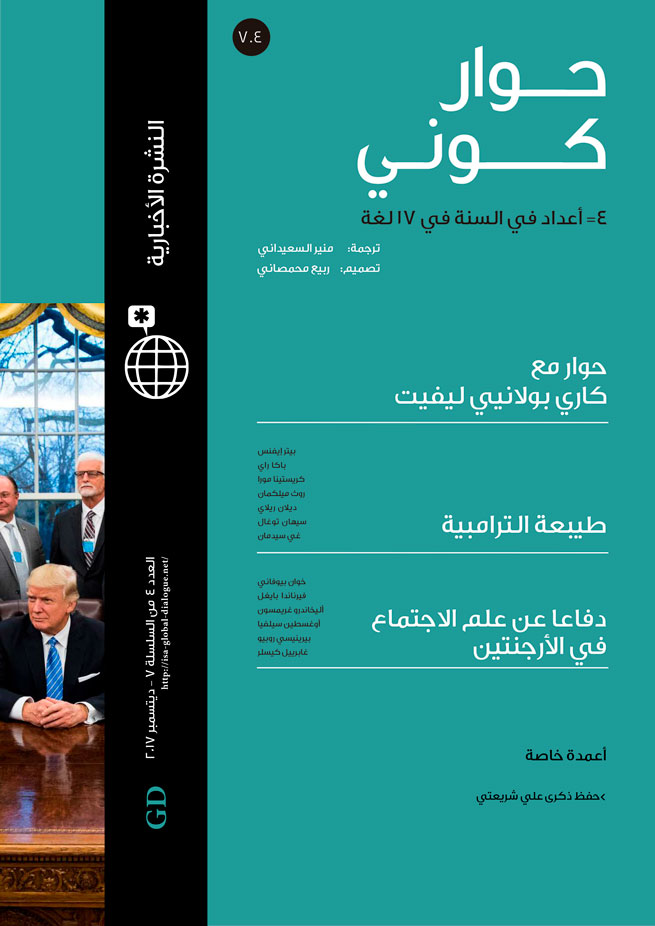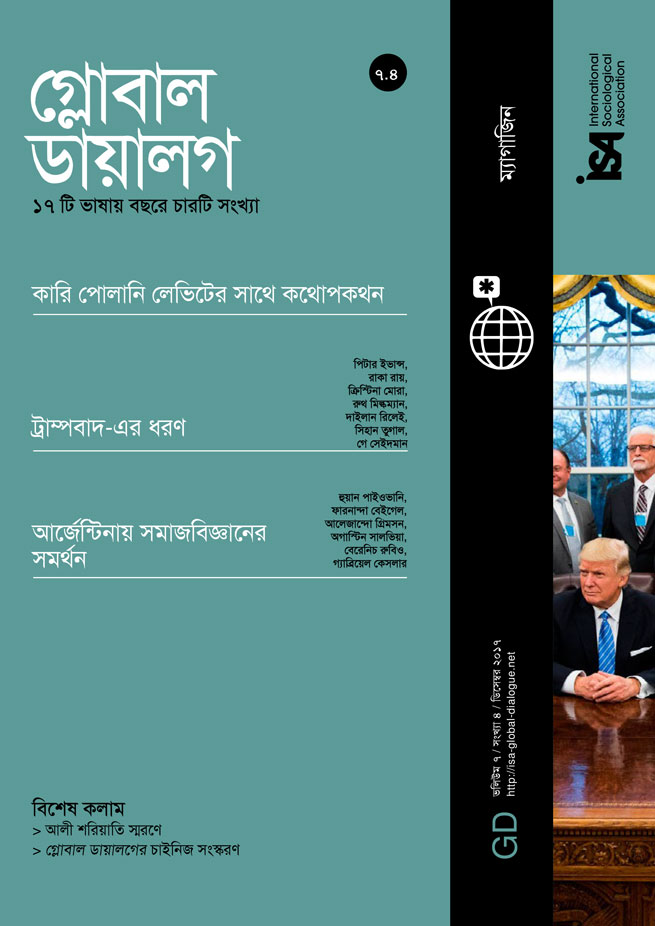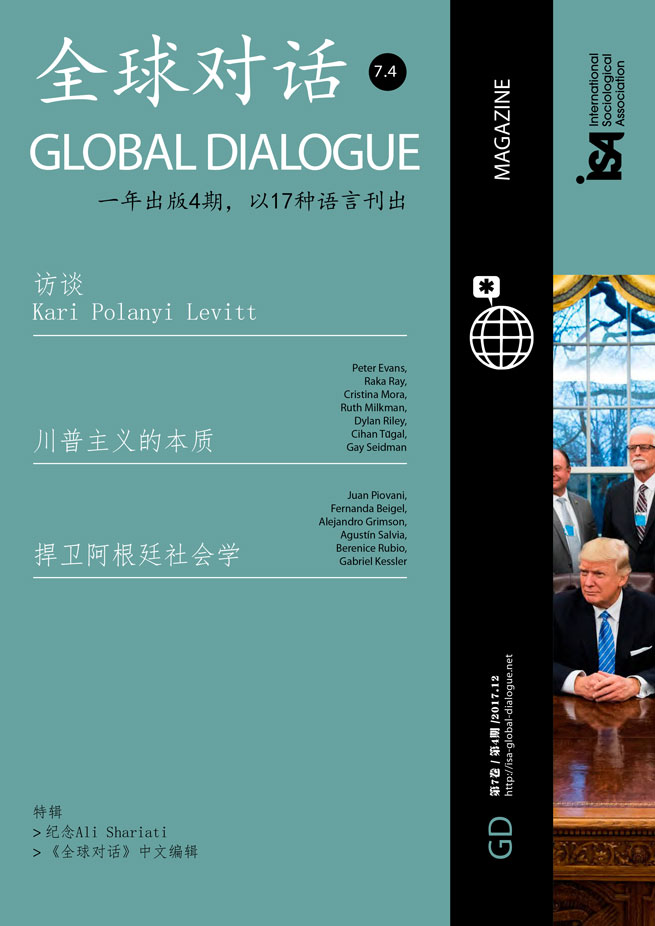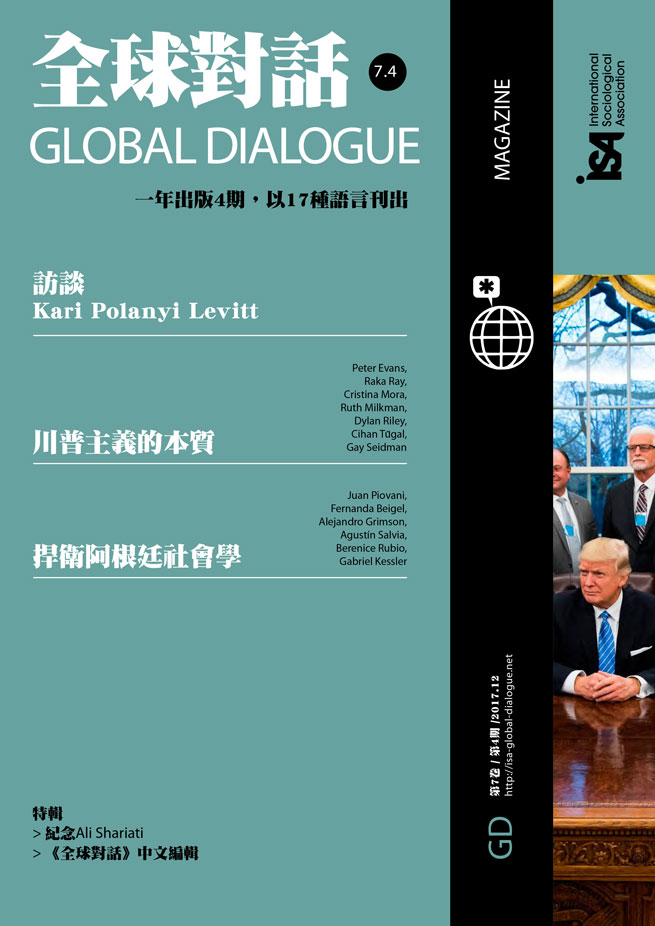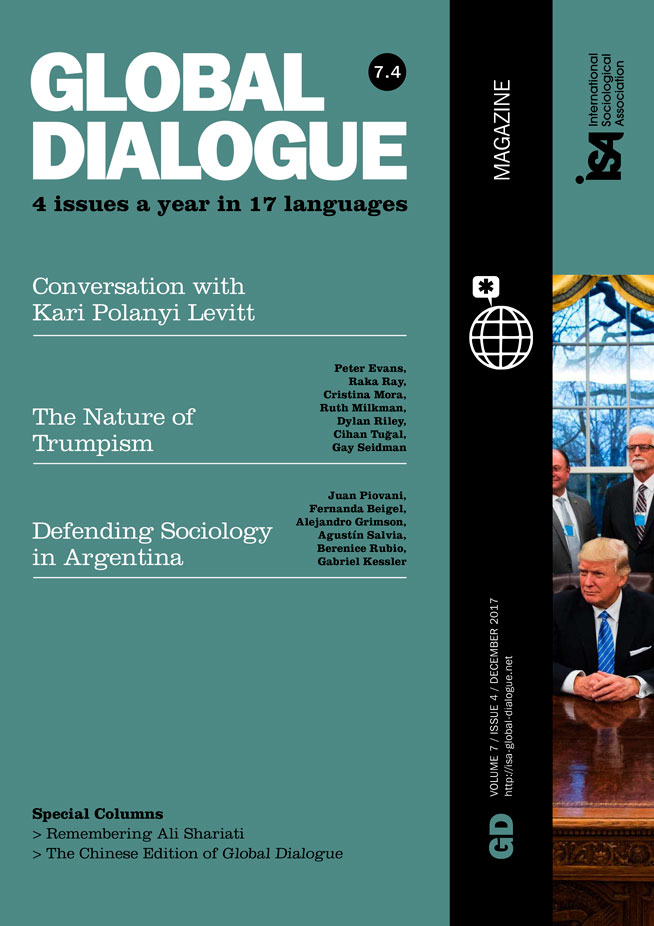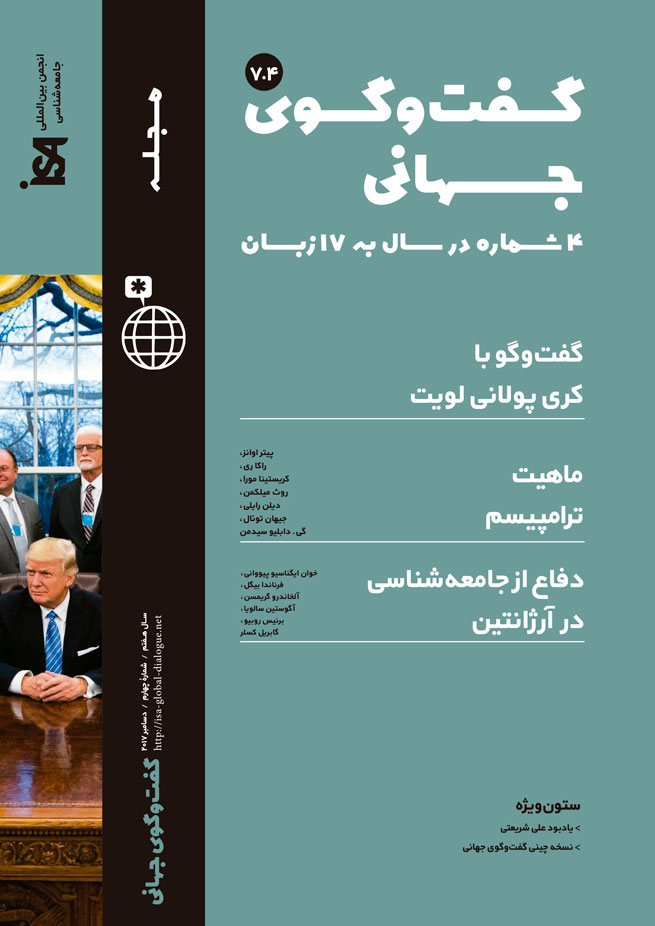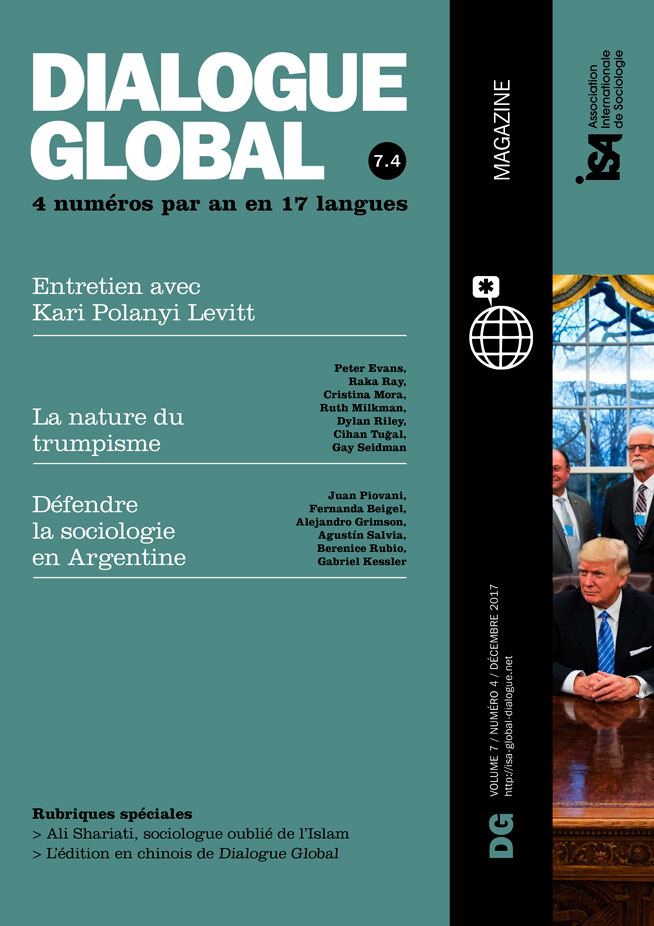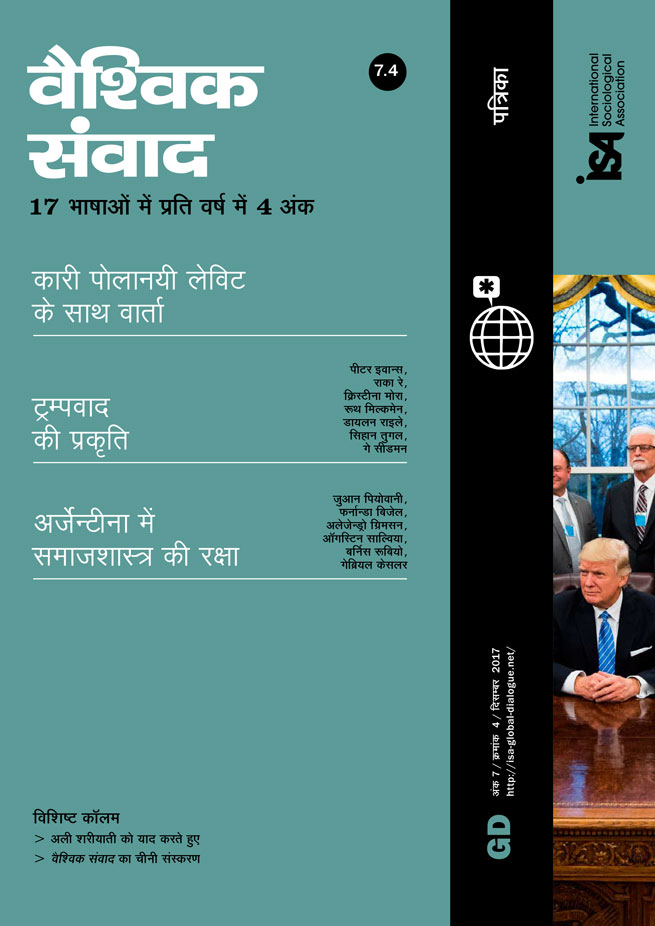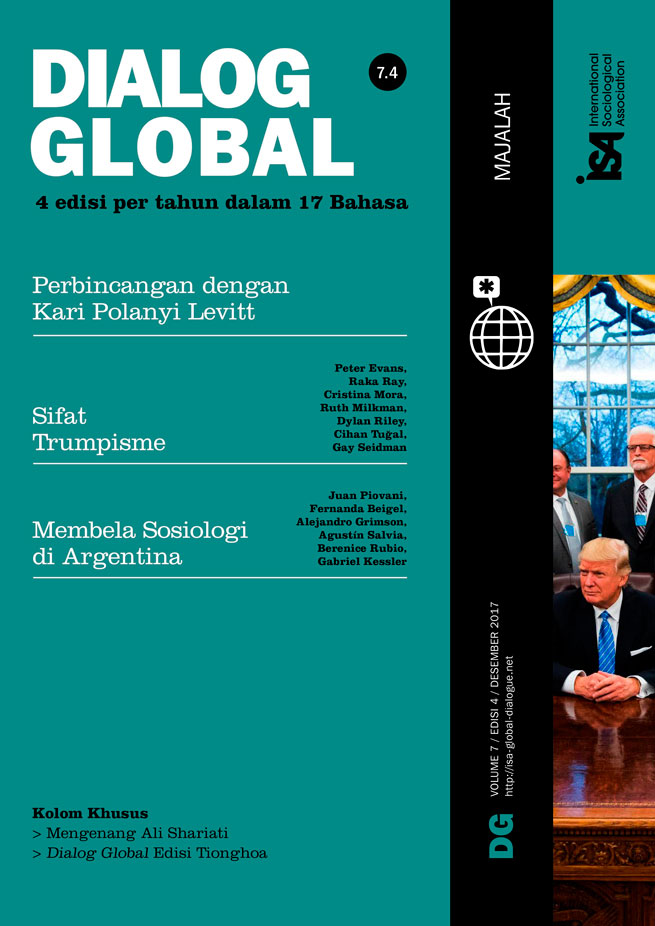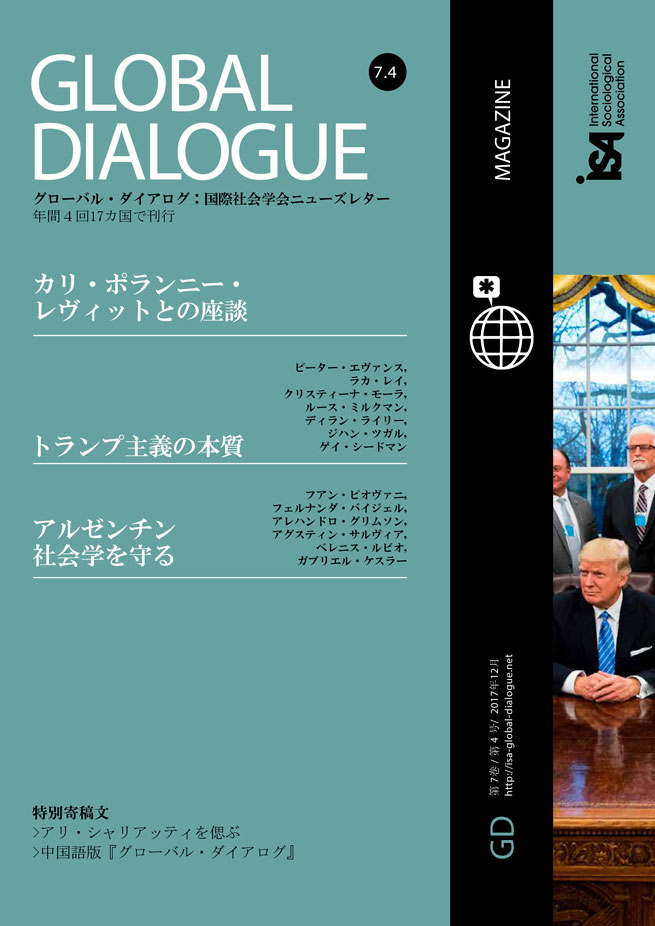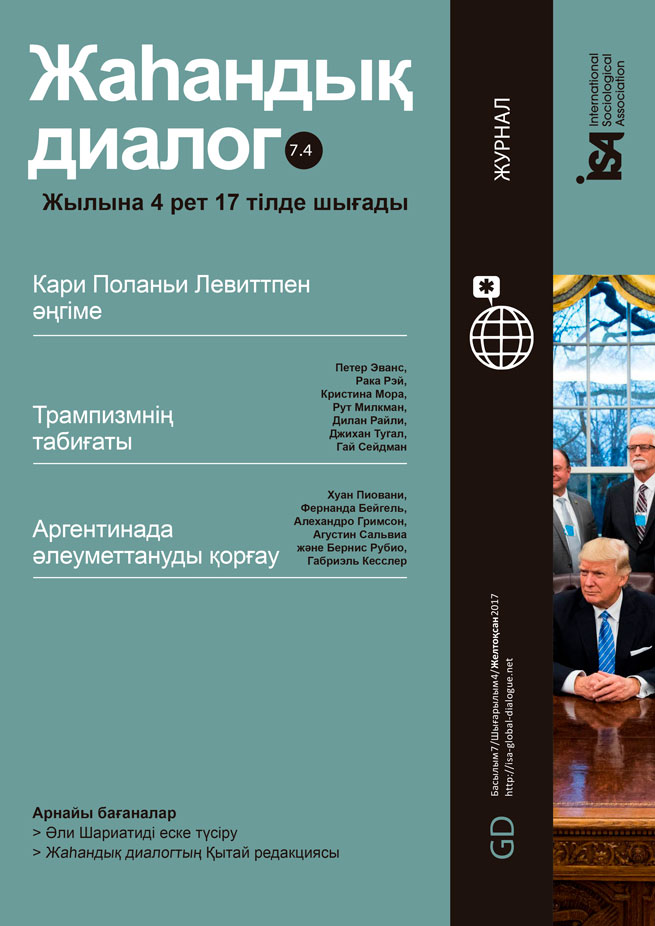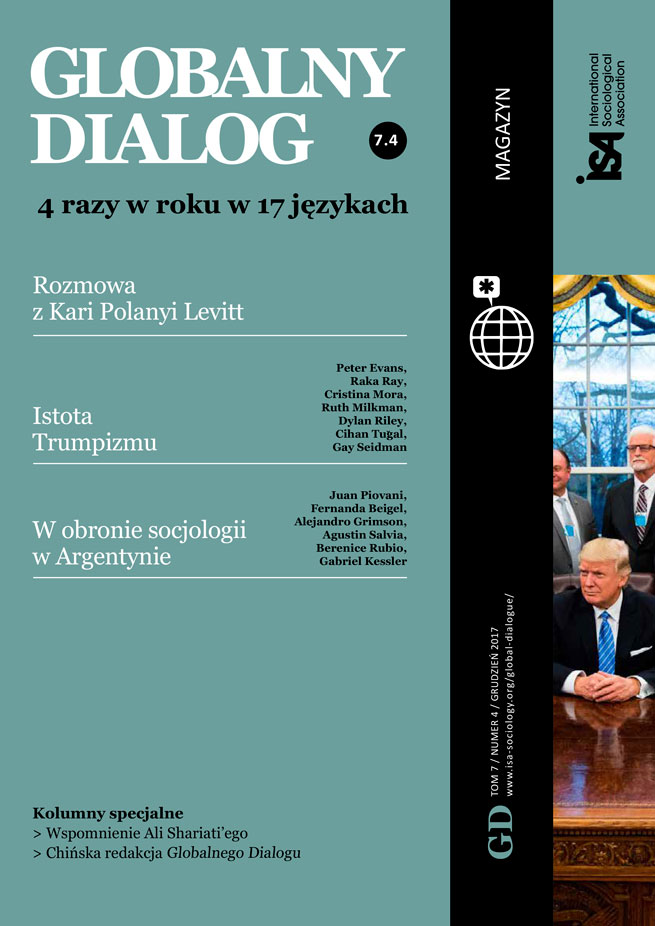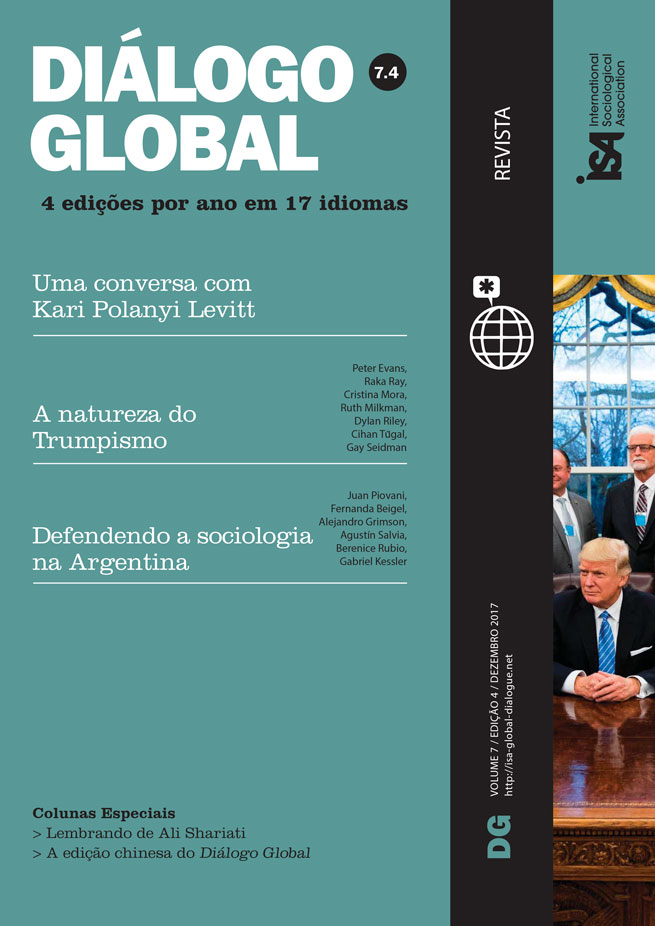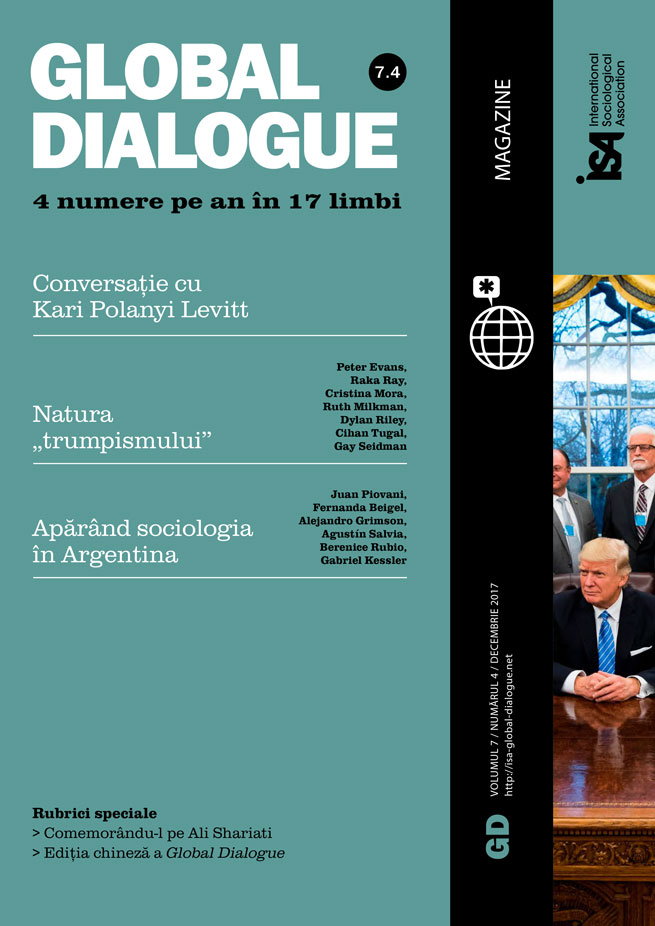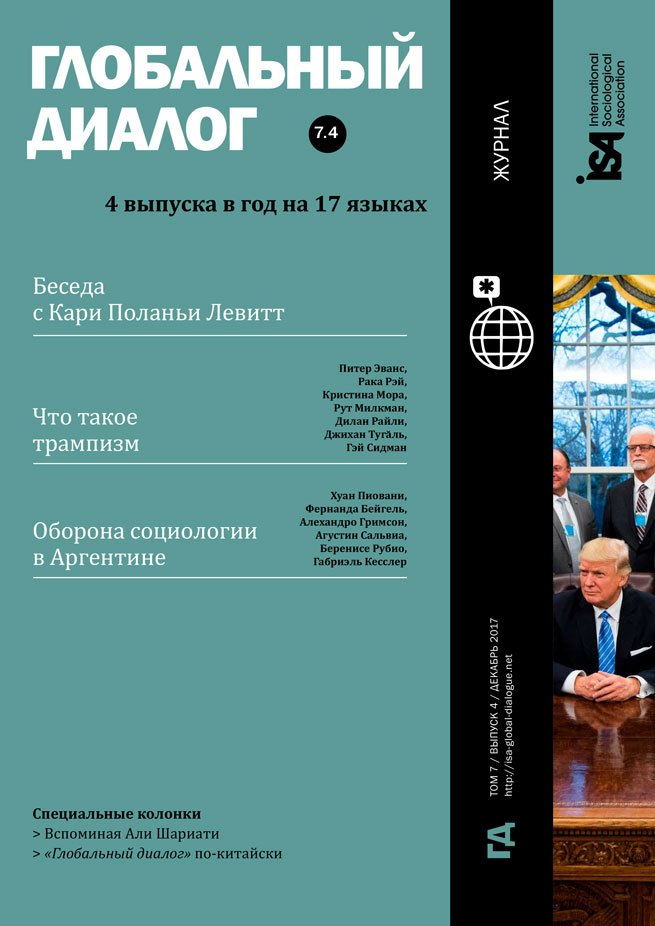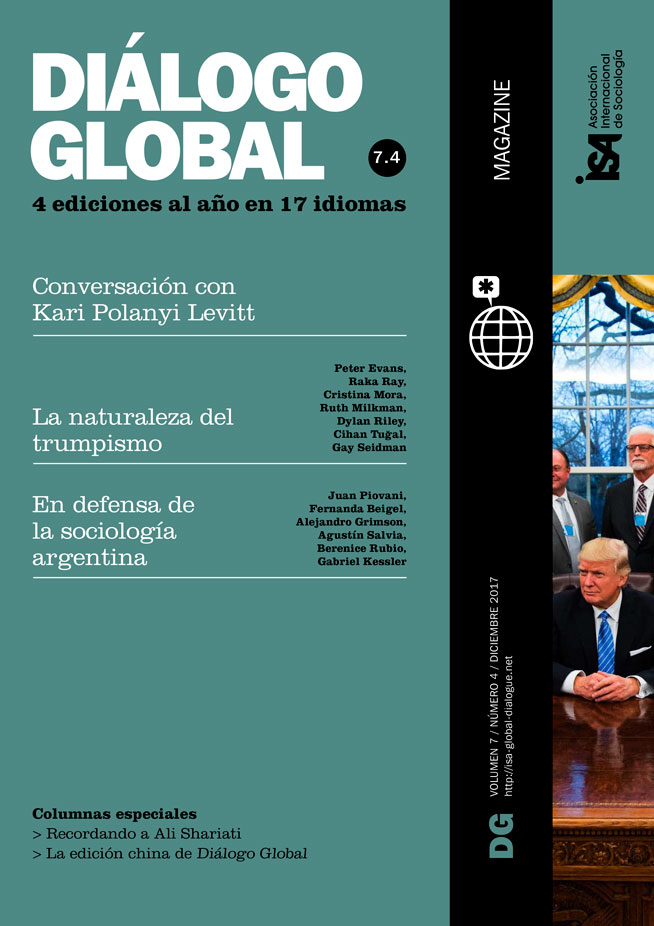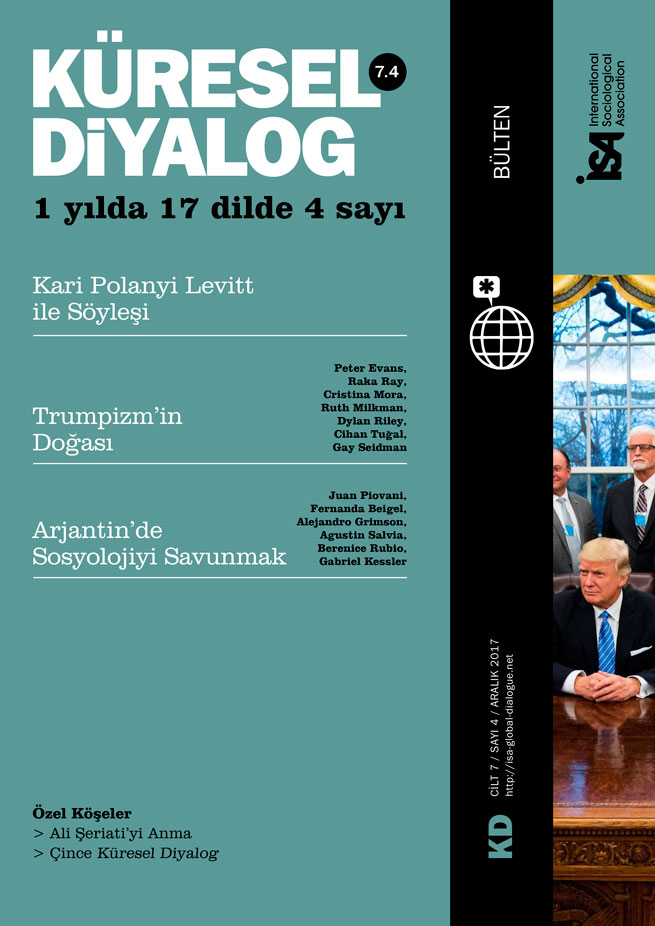Not long after the Argentinian scientific community enthusiastically welcomed the newly established Ministry of Science and Technology, the Minister, a renowned chemist named Lino Barañao, granted his first in-depth interview. Speaking to the newspaper Página 12, Barañao spoke of how scientific research could enhance the national economy, and described his plans to support software development, nanotechnology and biotechnology. Asked about the role of the social sciences, Barañao agreed they should be included, but, comparing social sciences’ knowledge to theology, he insisted that only a radical methodological shift would make the social sciences truly scientific.
Needless to say, Barañao’s remark provoked bitterness among social scientists, and the Council of Deans of Faculties of Social and Human Sciences (CODESOC) immediately asked the Minister to clarify his claim. The Deans sought an explanation, even some sort of apology. At the same time, they sought a face-to-face encounter, hoping to explain what the social sciences have done – and could do – to contribute to society.
Eventually, the Minister agreed to attend CODESOC’s plenary session in 2009, where he announced that he was eager to support and finance a large project to showcase the social sciences’ contribution to society. This was the starting point for Argentina’s National Research Program on Contemporary Society (PISAC), which since 2012 has been carried out under the auspices of CODESOC. It involves 50 Faculties of Social Sciences of public universities, and is funded by the Ministry of Science and Technology and the Secretary of Higher Education Policies (SPU).
Designing PISAC posed huge challenges. It soon became apparent that no single project could fulfill the wide range of scientific and institutional objectives at stake. Instead, a research program seemed more appropriate, bringing together senior and young researchers from across the country around a set of shared ideas.
From PISAC’s early days, we made clear that the program would have no foundational ambitions, but rather would be grounded in the rich tradition of Argentinian social sciences, which have been expanded and consolidated since 1983 when the country returned to democracy. But we also acknowledged various drawbacks: fragmentation, regional and institutional asymmetries, a tendency to “metropolitanize” research themes and the scientific explanation of social phenomena, difficulties in circulating sociological knowledge (within and outside academe), and the tendency for social research findings to remain invisible – particularly, findings that were produced in more “peripheral” regional or institutional contexts.
This critical appraisal of the development of Argentinian social science eventually led us to define three research lines, encompassing more than ten projects. PISAC was organized around three fundamental issues. Of course, the main objective was to produce a comprehensive account of contemporary society from a multidisciplinary standpoint, both theoretically informed and empirically grounded. But we also took the opportunity to examine the institutional and scientific conditions under which the country’s social sciences produced knowledge, and to systematically compile the already-existing understanding of Argentinian society resulting from previous research.
Interestingly, this scheme also seemed to fit within Michael Burawoy’s four types of sociological labor: critical, professional, policy and public. PISAC relates to critical sociology insofar it seeks to examine how social research has been conducted in Argentina, to unveil its foundations and dominant theoretical and epistemological underpinnings, to determine its attachment to – or departure from – hegemonic models of knowledge production, and so on. But PISAC is also about professional sociology: it addresses empirical research questions using widely accepted methods, publishing findings in scientific papers aimed at an academic audience. At the same time PISAC is also committed to moving beyond the self-referential academic world: many of PISAC’s research questions reflect policy-makers’ priorities, working closely with public bodies and social movements to provide expert knowledge and influence social policies. Finally, PISAC takes advantage of its high profile to intervene in public debates, contesting common-sense interpretations of society and denouncing social stereotypes often reproduced in the media.
Because we are also concerned with the conditions of knowledge production, we turned our attention to the national social science system, focusing on issues such as the geographical distribution of scientific and higher education institutions, researchers’ academic trajectories, research agendas, scientific publications, and so forth. Fernanda Beigel’s article in this issue of Global Dialogue reflects this project, analyzing contrasting styles of knowledge production (and knowledge circulation) in Argentina, highlighting the gap between scientists that conform to dominant international scientific rules and those linked to more endogenous agendas.
As for systematizing previous research findings, we decided to focus on six broad topics: social structure; life conditions; state, government and public administration; citizenship, social mobilization and social conflict; social and cultural diversity; cultural consumption and practices. Each topic was addressed by a multi-institutional team which analyzed and systematized relevant academic publications, producing a kind of “literature review”; these reports are now available, and an open-access version can be downloaded from CLACSO’s virtual library at www.clacso.org.ar/libreria-latinoamericana and from PISAC’s website at http://pisac.mincyt.gob.ar. Alejandro Grimson’s article in this issue of Global Dialogue shows how research findings have challenged the “official” portrait of Argentina as socially and culturally homogeneous. As he shows, social research has played an important role in developing a more accurate image of our diverse society, and to make visible the struggles of various social minorities.
Finally, in order to advance a more comprehensive account of contemporary Argentina, we decided to conduct three national surveys, with fieldwork in 339 towns with more than 2,000 inhabitants. One study focused on social structure and life conditions; a second addressed social relations; and a third one focused on values, attitudes and representations. We chose this methodological approach for several reasons. On the one hand, research funding has prioritized micro-grants scattered across the various institutions and research teams, discouraging large-scale projects. On the other hand, an overwhelming inclination towards qualitative approaches has meant the country’s social scientists have nearly abandoned quantitative and structural analysis. Since our (underfunded) qualitative research has studied very limited social settings, usually in major urban areas, current depictions of Argentinian society – until now – have tended to overlook the evident territorial (and other) heterogeneities.
In this issue of Global Dialogue, Agustín Salvia and Berenice Rubio discuss the first survey, with an emphasis on Argentina’s structures of inequality and mobility, and the life conditions of specific social groups. Gabriel Kessler discusses the rationale and scientific objectives of the survey on social relations, which covers issues such as social capital, sociability, self-identification and social barriers, conflictive social relations, participation and collective action – topics largely unexamined at the national societal level.
Now that PISAC’s results are beginning to be published, Argentina’s social sciences face two new challenges. On the one hand, we are in the midst of a new political cycle marked by a (re)turn to neoliberal policies. As in many other nations, this has already produced cuts in research funding. So far, the new authorities have backed the initiatives linked to PISAC, and have provided fresh funds – though there remains concern about whether PISAC will be institutionalized within the Ministry of Science and Technology, and whether it will continue to foster large-scale social research.
On the other hand, we are witnessing the rise of post-truth discourses, especially in social media, that dismiss social sciences as ideological, useless and therefore unworthy of public funding. Similarly, when high-ranking government officials repeatedly speak in favor of “applied” research and “useful” or “instrumental” knowledge, the cause of (critical) social sciences is not helped.
However, PISAC’s preliminary results are receiving strong support from a wide spectrum of social and institutional actors: social scientists, universities, public organizations, social movements, journalists, politicians, and policy-makers. Despite all the setbacks, the enthusiastic welcome given to PISAC’s results makes us reasonably optimistic about the future of sociological research in Argentina.
Juan Ignacio Piovani, National University of La Plata, Argentina, and member of ISA Research Committees on Futures Research (RC07) and Logic and Methodology (RC33) <juan.piovani@presi.unlp.edu.ar>
